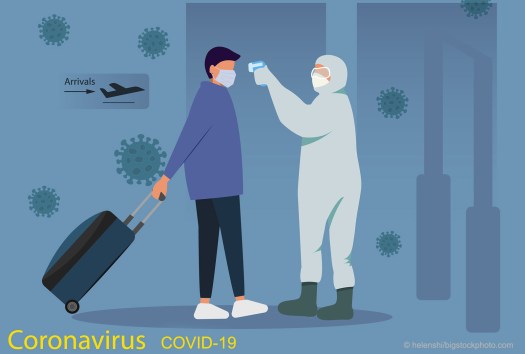
In our March 16, 2020, post, we discussed the issue of suicide, and the Federal Communication Commission’s efforts to create a suicide hotline. We discussed the problem of assisted suicide or euthanasia in our February 24 and 25 posts. The March 20 issue of The Week magazine carried an article (page 11) titled “The Spread of Assisted Suicide.”
In addition to the data showing how much assisted suicide has increased, the article in The Week points out that assisted suicide is now available to people for various reasons. It is being made available to those who are in psychological pain, those who don’t want to go into a nursing home, and to minors with their parent’s permission. This is a significant problem with large numbers of people involved. In the Netherlands alone, there were 6585 assisted deaths in 2017.
Our biggest concern in this growing trend is the misinformation that the public is receiving. Dignitas, which is a Swiss organization assisting in suicides, says that assisted suicide is “far preferable to letting ill people make a lonely, risky suicide attempt.” Those are not the only choices available to a person who is depressed, in pain, or fearing dementia.
As life expectancy continues to climb, more and more people will struggle with emotional and physical pain. Our focus needs to be on solving those issues, not just in finding ways to destroy the “temple of God” (1 Corinthians 3:16).
— John N. Clayton © 2020









